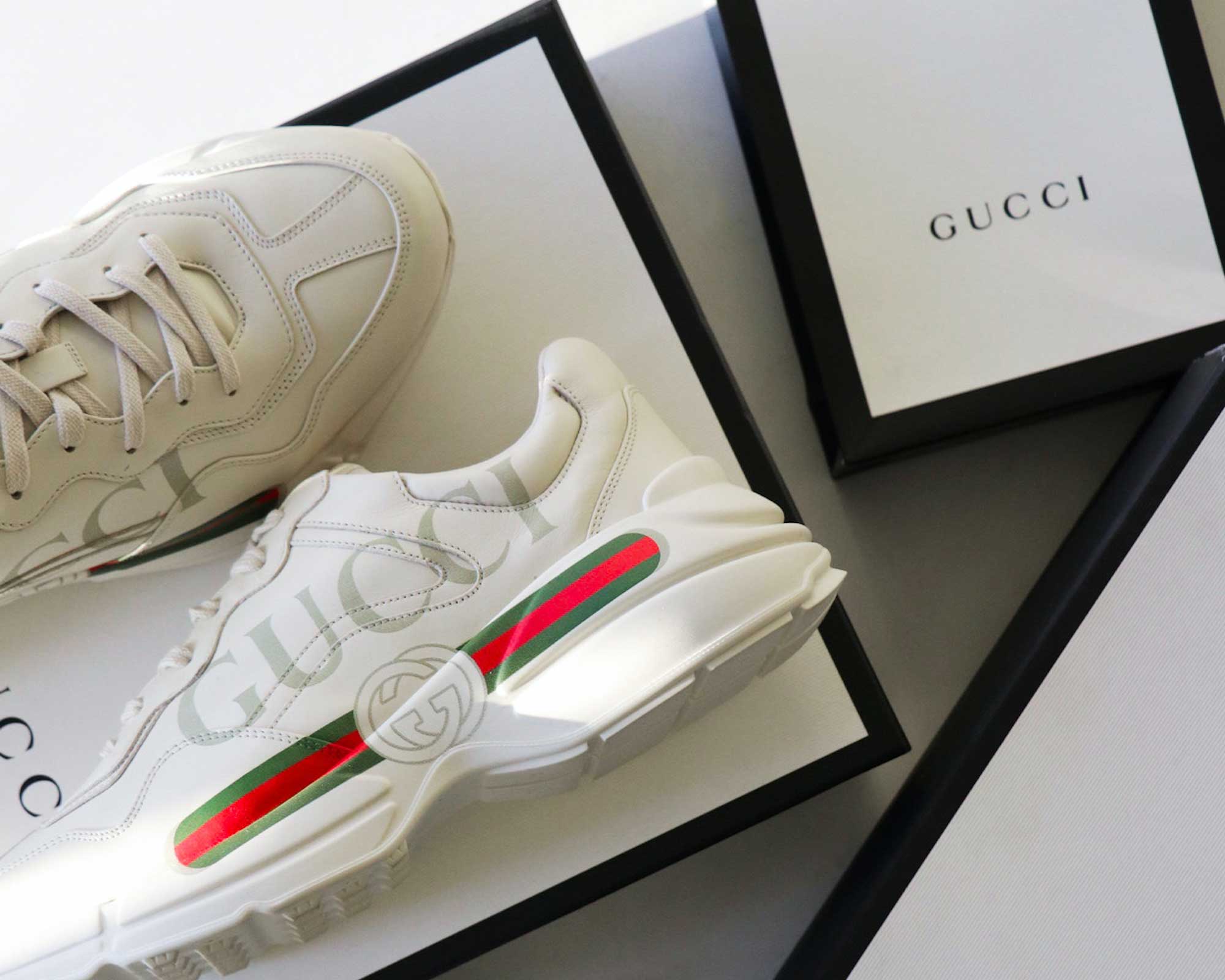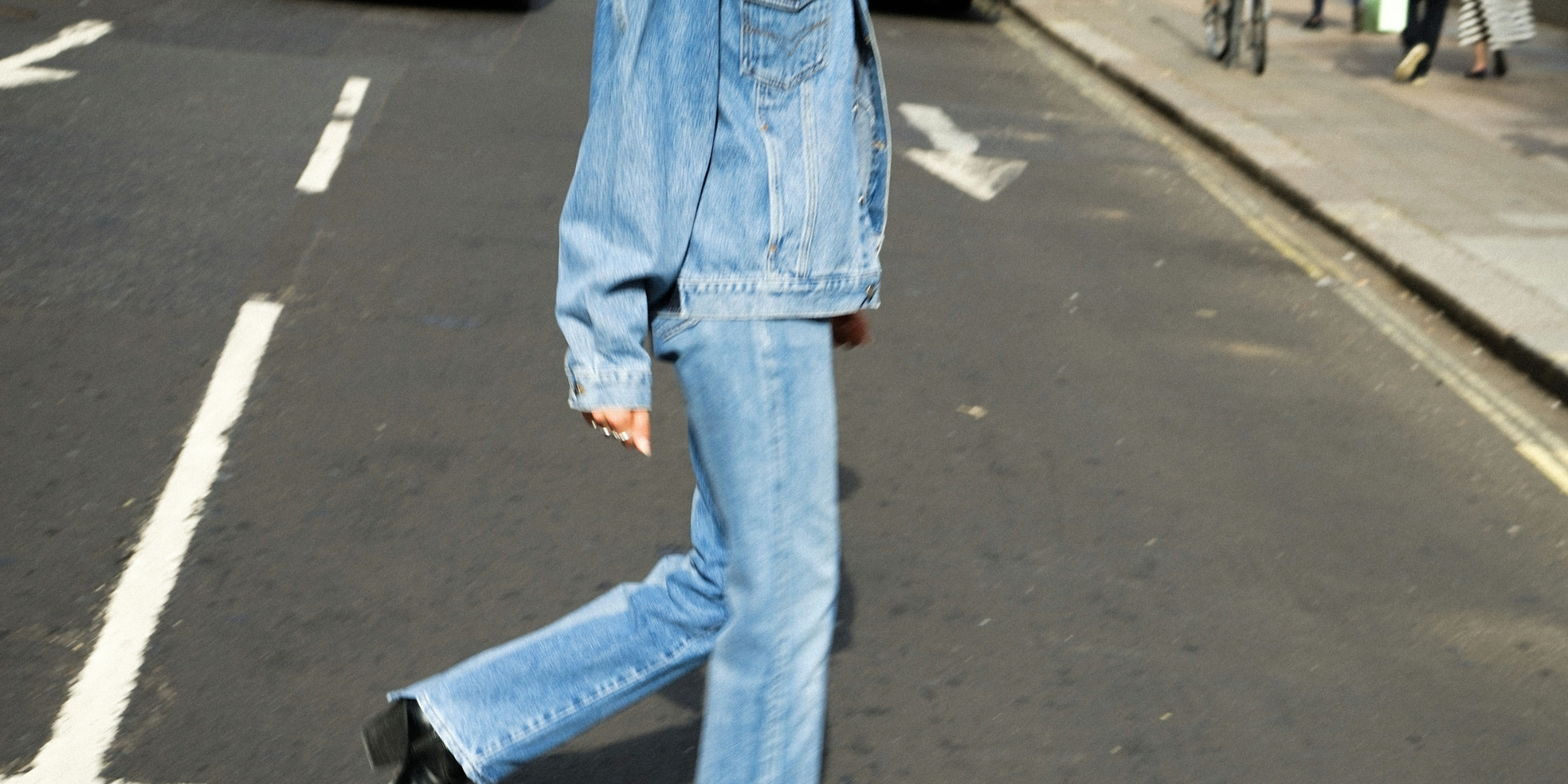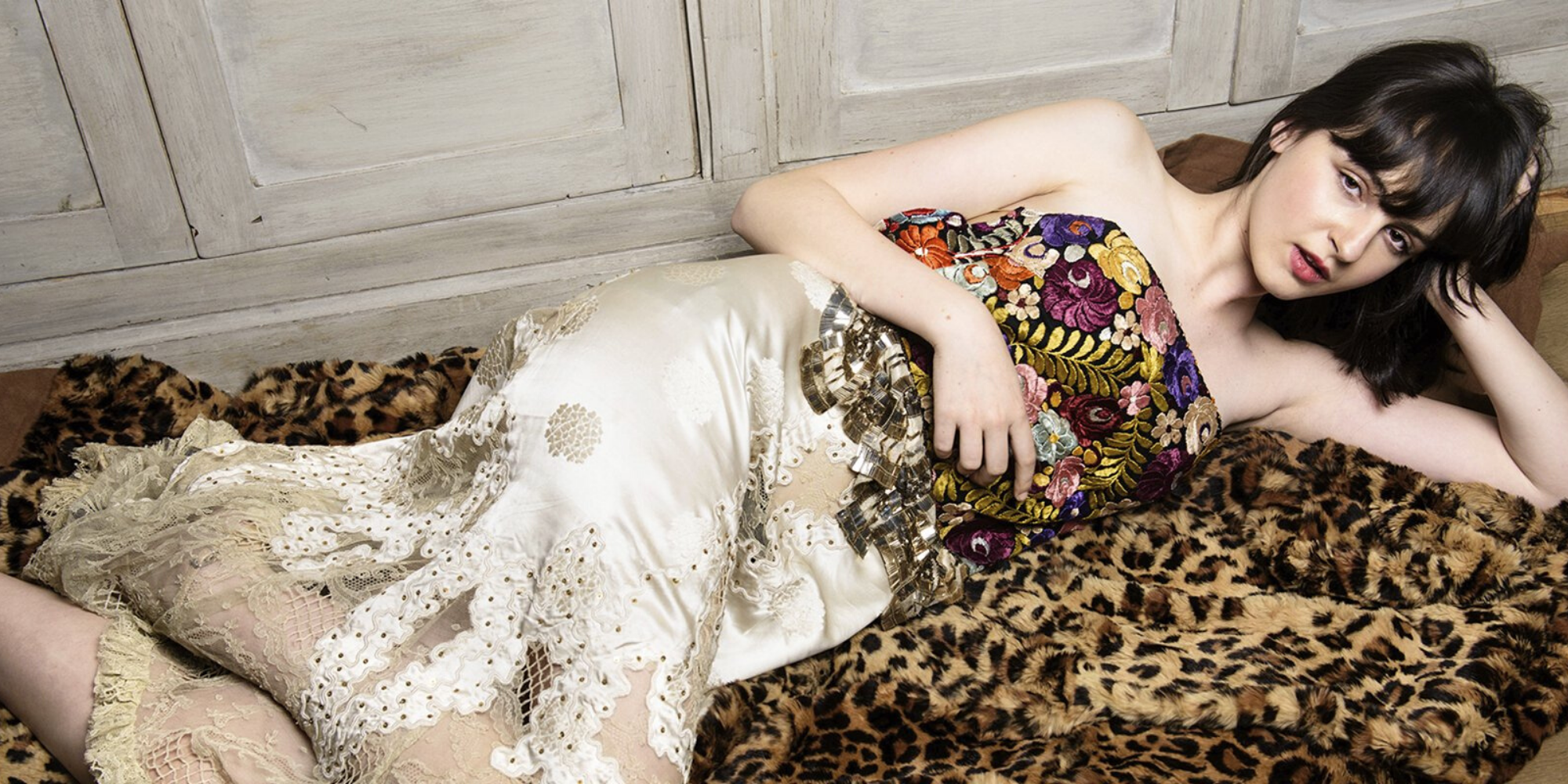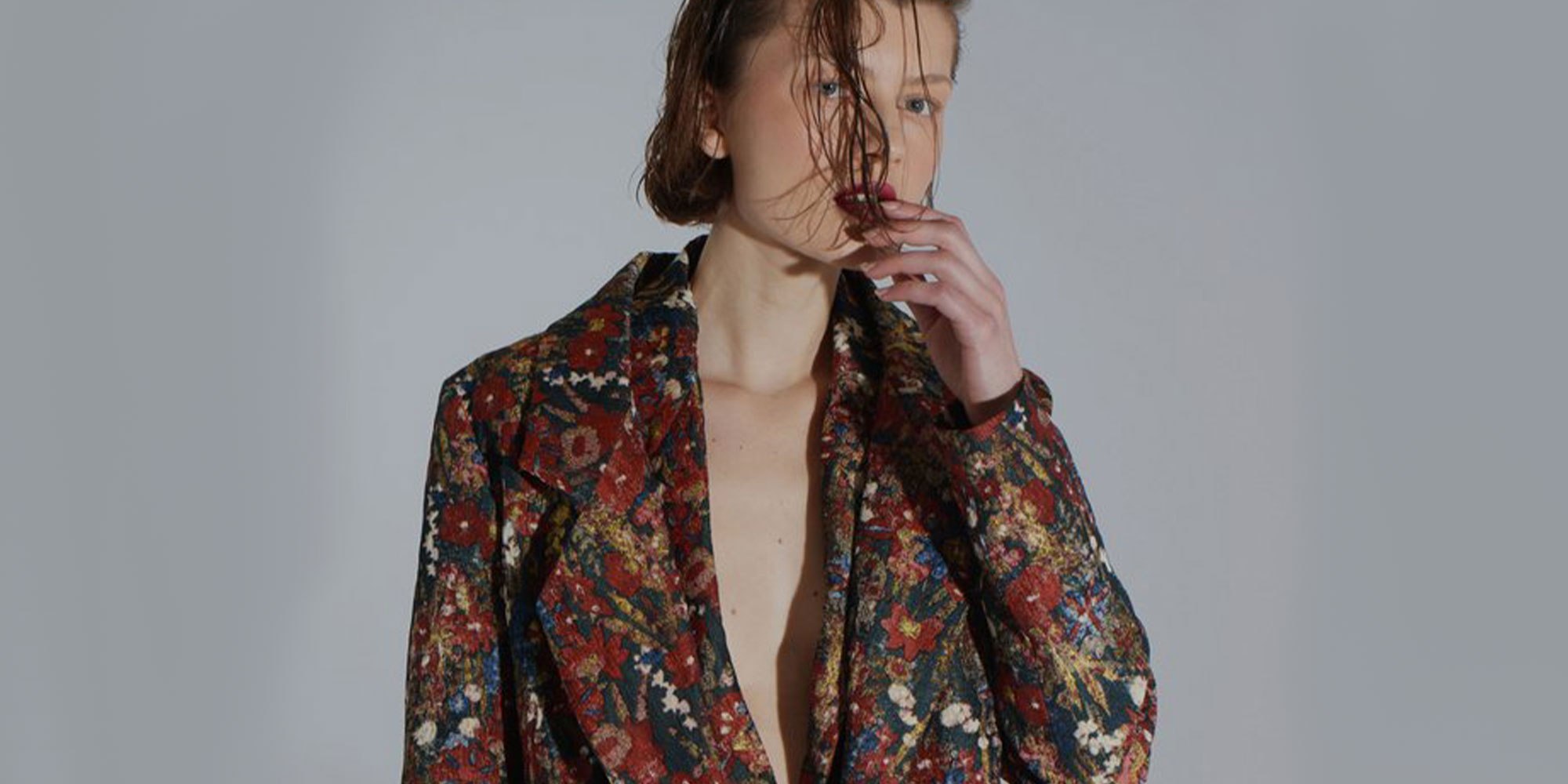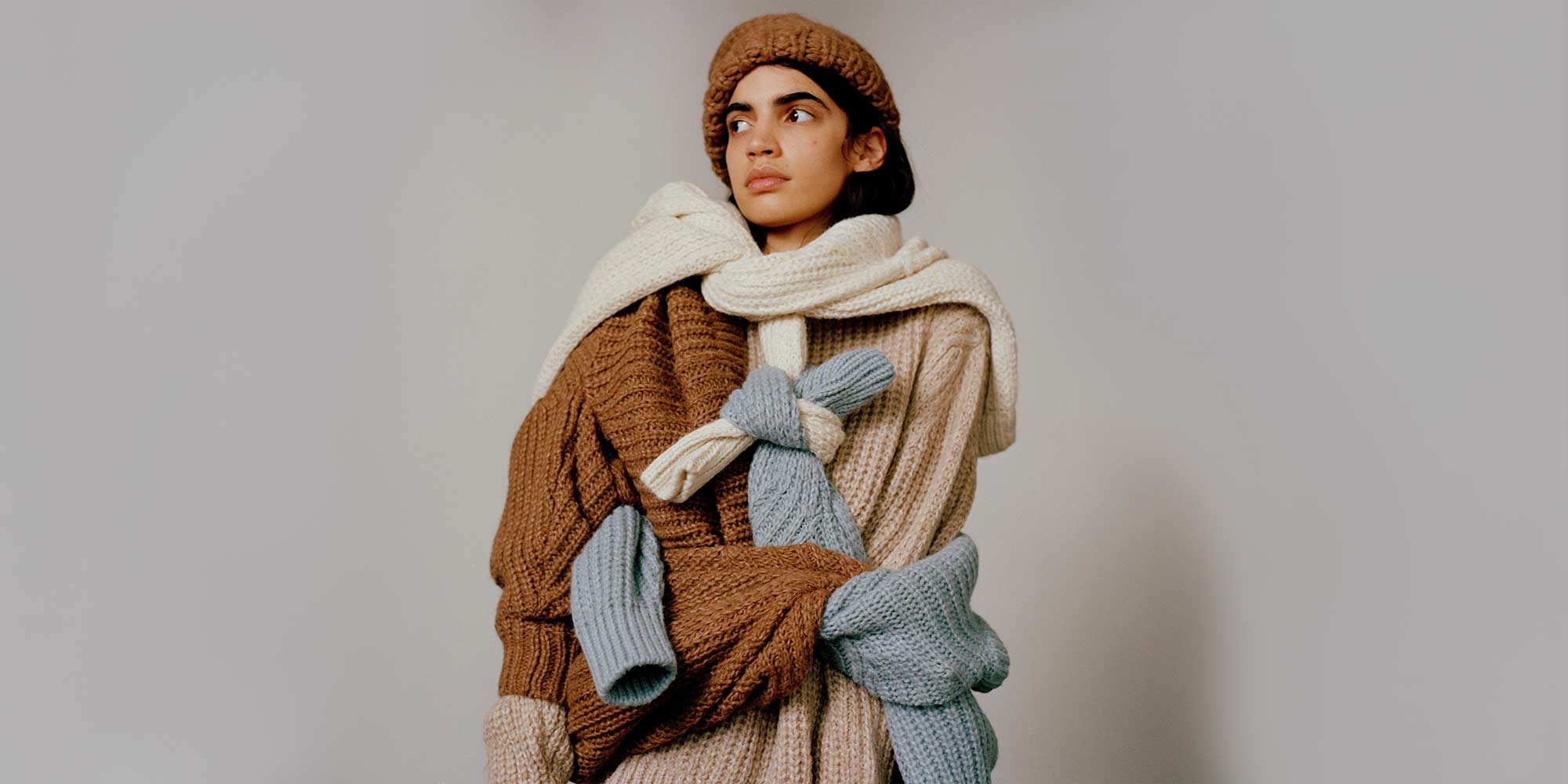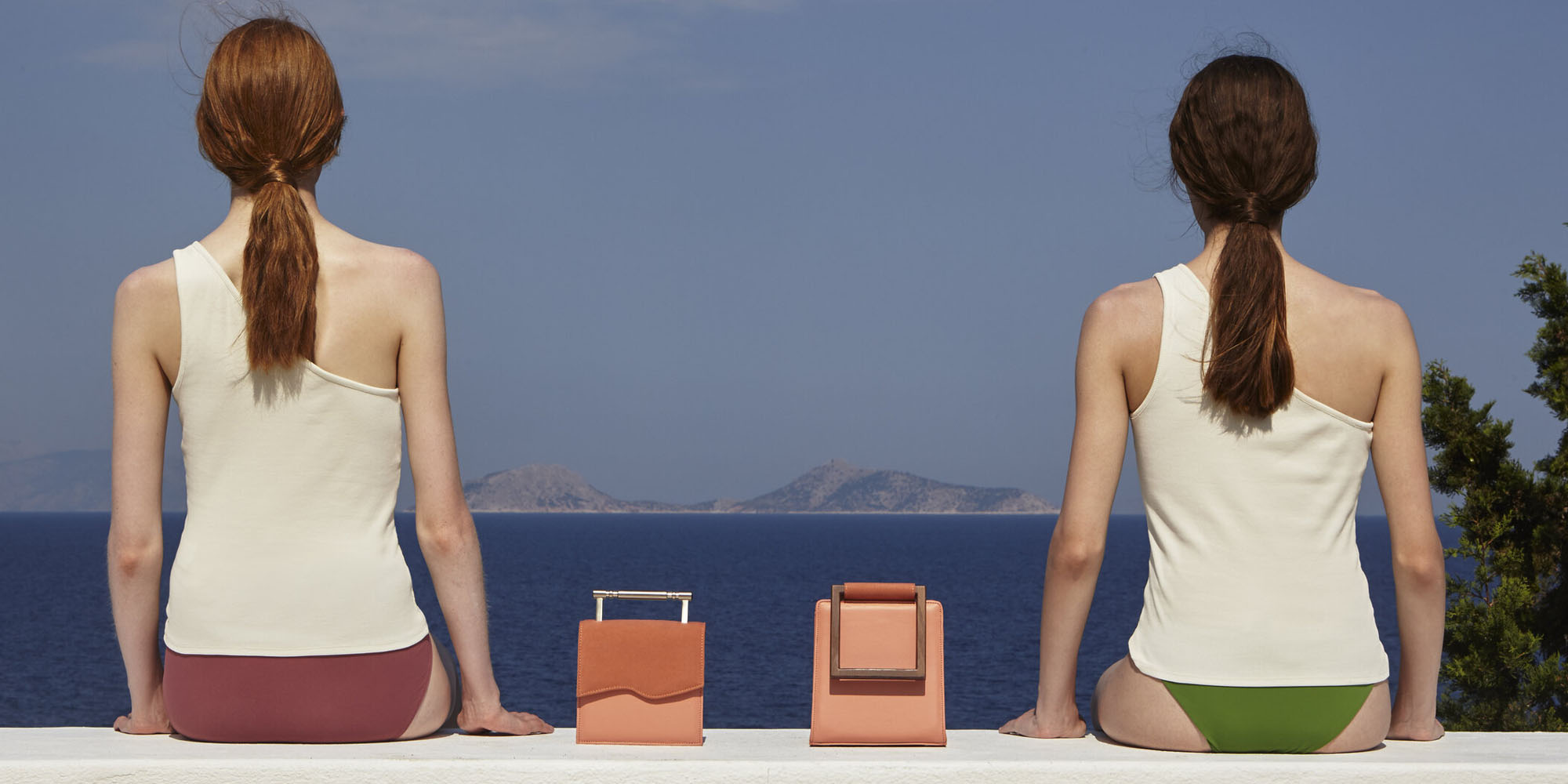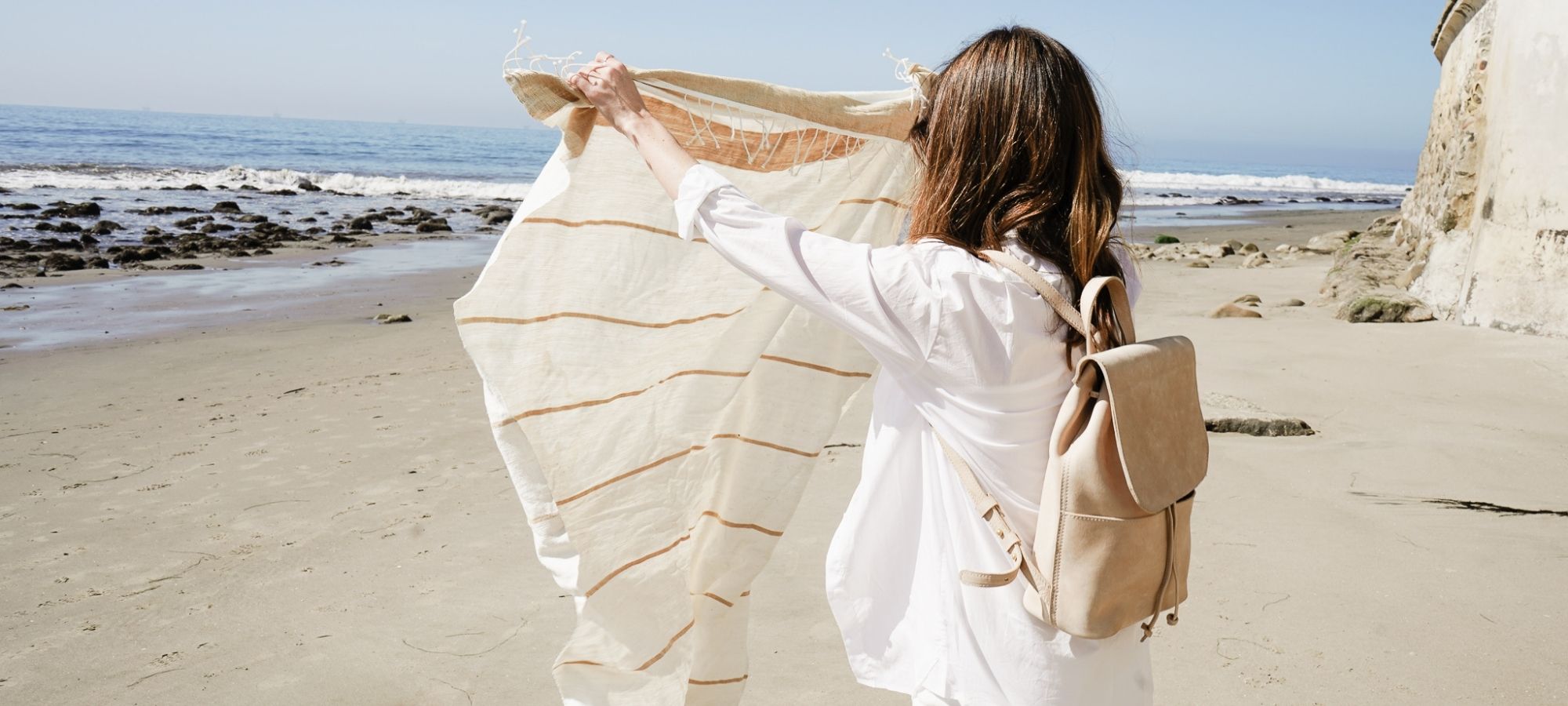Our editors curate highly rated brands that are first assessed by our rigorous ratings system. Buying through our links may earn us a commission—supporting the work we do. Learn more.
Gucci is one of the oldest luxury Italian brands in the world. So how ethical is Gucci? We’re happy to report the brand is making some commendable progress, especially when it comes to minimising its impact on the environment. Today, we delve into the brand’s “It’s a Start” rating. This article is based on the Gucci rating published in June 2023 and may not reflect claims the brand has made since then. Our ratings analysts are constantly rerating the thousands of brands you can check on our directory.
On the right path
The logo, colours, and products are recognisable anywhere: two interlocking “Double-Gs”, red and green stripes, a monogrammed belt, timeless bags, and Instagrammable loafers. Yes, today we’re having a look at one of the oldest luxury Italian brands in the world: Gucci.
Founded in 1921 in Florence, Italy, by Guccio Gucci (hence the “Double-G” monogram), the brand started as a leather goods manufacturer. Despite a tumultuous history, Gucci has slowly grown to be one of the most popular brands of the last decade. This success—and profitability—is partly due to its creative director, Alessandro Michele, who reinvented the Gucci identity after being appointed in 2015 and who stepped down in November of 2022 to be replaced by Sabato De Sarno.
We thought it was time to dive into Gucci’s practices and policies and ask: how is Gucci impacting people, the planet, and animals? How ethical is Gucci?
Environmental impact
Let’s start with some encouraging news: Gucci’s environmental rating is “Good”. The brand has set a science-based target to reduce greenhouse gas emissions generated from its operations and supply chain, and is on track to meet its target. It has a policy to protect biodiversity throughout its supply chain, uses low-waste cutting techniques to maximise fabric use, and it reduces chromium and other hazardous chemicals from its leather tanning processes.
Gucci also uses some lower-impact materials, like in its past circular line, Gucci Off The Grid. The brand says it “uses recycled, organic, bio-based, and sustainably sourced materials”. The brand’s genderless collections also included items made from ECONYL, organic cotton, recycled steel, and regenerated polyamide. While we would like to see Gucci include more lower-impact materials as standard, its science-based approach to managing the impact of outlying materials is a big plus. Way to go, Gucci.
Labour conditions
Now, when it comes to labour, Gucci’s previous middling “It’s a Start” rating has risen to “Good”. Gucci’s supply chain auditing program is certified by Social Accountability International – SA8000 (including all of the final stages of production), and the brand publishes some information about suppliers, supplier policies, audits, and remediation processes. The brand received an increased score of 51-60% in the 2022 Fashion Transparency Index, and it now has a comprehensive policy to support diversity and inclusion in its direct operations, though not in its supply chain. It’s also good to see the Italian brand disclose policies to protect suppliers and workers in its supply chain from the impacts of COVID-19, and most notably, it now claims to have a program to improve wages, but so far there’s no solid evidence it ensures its workers are paid living wages in most of its supply chain.
Animal welfare
Animal welfare is where Gucci is letting down the team, with its score dropping from “Not Good Enough” to our lowest possible score of “Very Poor” in its recent review. While it’s good to see a high end luxury brand taking solid action like banning fur and angora, as well as having a formal policy aligned with the Five Domains of animal welfare, Gucci still uses leather, wool, exotic animal skin, shearling, exotic animal hair, and silk. It also uses down certified by the Responsible Down Standard. And while it traces most animal-derived materials to the first production stage, its continued use of cruel exotic materials such as python and crocodile brings its score down. We couldn’t give Gucci’s animal section a rating higher than “Very Poor” for all these reasons.
Overall rating: It’s a Start
So, how ethical is Gucci? Overall, we gave the Kering-owned brand a rating of “It’s a Start”. Gucci is making some commendable progress, especially when it comes to minimising its impact on the environment and improving practices for its workers. Its use of some lower-impact materials and efforts to reduce its greenhouse gas emissions are good first steps. However, the Italian brand still has much to do regarding its impact on people and animals: Gucci needs to ensure it pays workers a living wage, and it should also use less (and less cruel) animal-derived materials.
Gucci truly is a modern and exciting brand, and we’re happy to see a luxury brand committed to creating positive change for the planet and its inhabitants.
If you’re a fashion-lover like us, are a fan of the Gucci aesthetic, and you want to save the planet, then you’ll be happy to know we found some cool, more sustainable alternatives to Gucci. Keep scrolling to discover these green, edgy, and sophisticated labels like Gucci.
Don’t forget you can also buy Gucci pre-owned. Buying second hand is one of the most sustainable ways to shop, and we love to recommend labels and designers you can buy pre-loved so you can keep clothes from landfill by giving them a second life. You can find amazing vintage Gucci items at Vestiaire Collective.
Good swaps
Our favourite “Good” and “Great” alternatives to Gucci.




